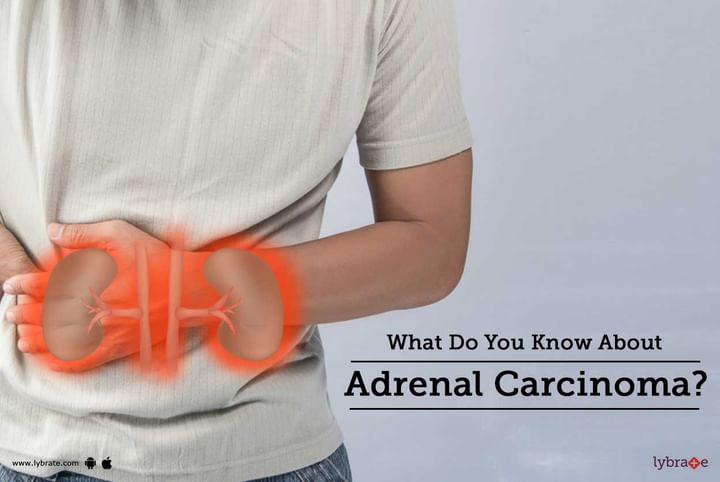What Do You Know About Adrenal Carcinoma?
Adrenal carcinoma or adrenocortical carcinoma is a rare form of cancer, in which malignant cells develop in the cortex or outer layers of your adrenal gland – the small, triangular gland located on top of the kidneys.
The adrenal glands are an essential part of the body’s endocrine system. The adrenal cortex secretes hormones like androgens, aldosterone, and cortisol, which play an important role in kidneys functioning, blood pressure, and overall physical development. A cancerous growth in these glands can be hard to diagnose, and hence, could be fatal.
Causes of adrenal carcinoma
The exact cause of the disease is yet to be discovered by doctors. However, the condition is believed to develop due to genetic mutations in the adrenal cells.
Cancer can be genetic. If you have a family history of cancer in the adrenal glands, or in any other part of the endocrine system, then you are likely to be diagnosed with the same.
Here are a few genetic conditions/diseases that may put you at risk of adrenal carcinoma –
-
MEN1 – Multiple Endocrine Neoplasia
-
Beckwith-Weidemann Syndrome
Symptoms associated with adrenal carcinoma
Adrenal carcinoma symptoms are caused due to excessive production of the following hormones – aldosterone, cortisol, oestrogen, and androgen.
Symptoms of over-secretion of oestrogen or androgen are easier to identify in children than in adults since the physical changes are visible during puberty. These signs may include –
-
An enlarged penis/clitoris
-
Large male breasts
-
Early puberty in girls
-
Excessive facial, underarm and pubic hair growth
Symptoms produced by excessive secretion of aldosterone and cortisol in adults include the following –
-
High blood sugar
-
Weight gain
-
Easy bruising
In most cases, the above symptoms do not show up until the tumour is large enough to press on other body organs. Nevertheless, watch out for these signs and consult a doctor immediately if you encounter the same.


+1.svg)
